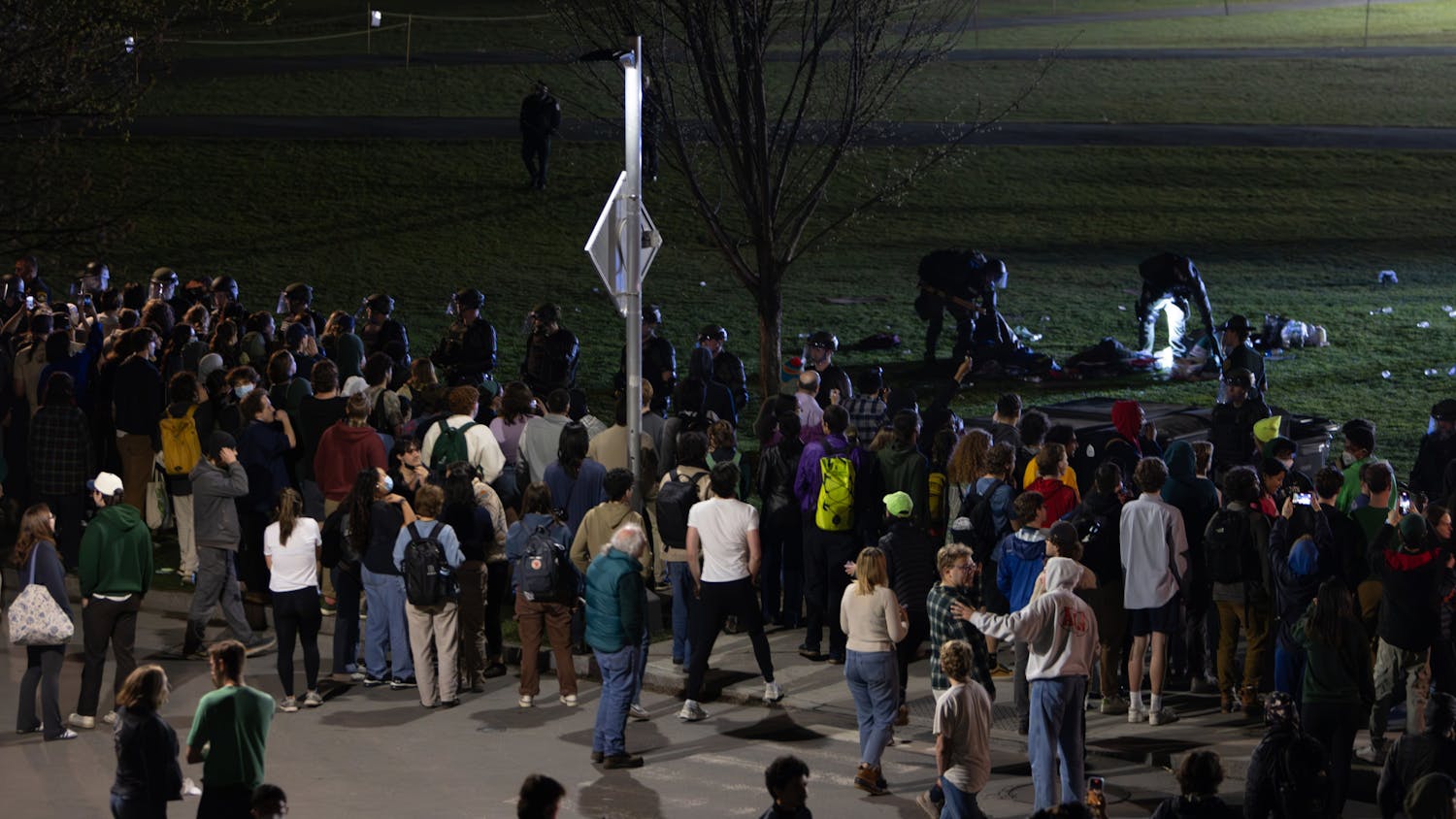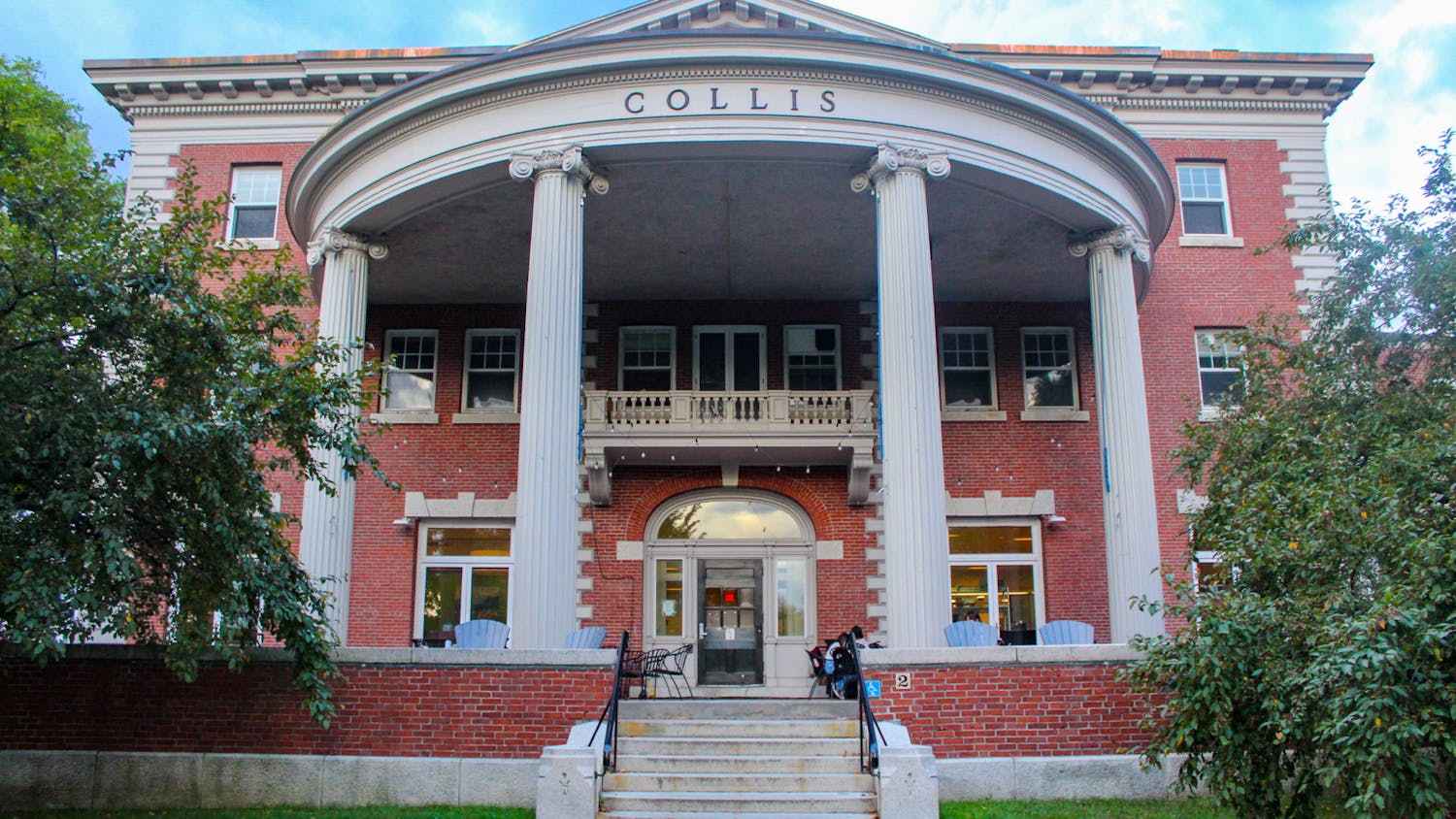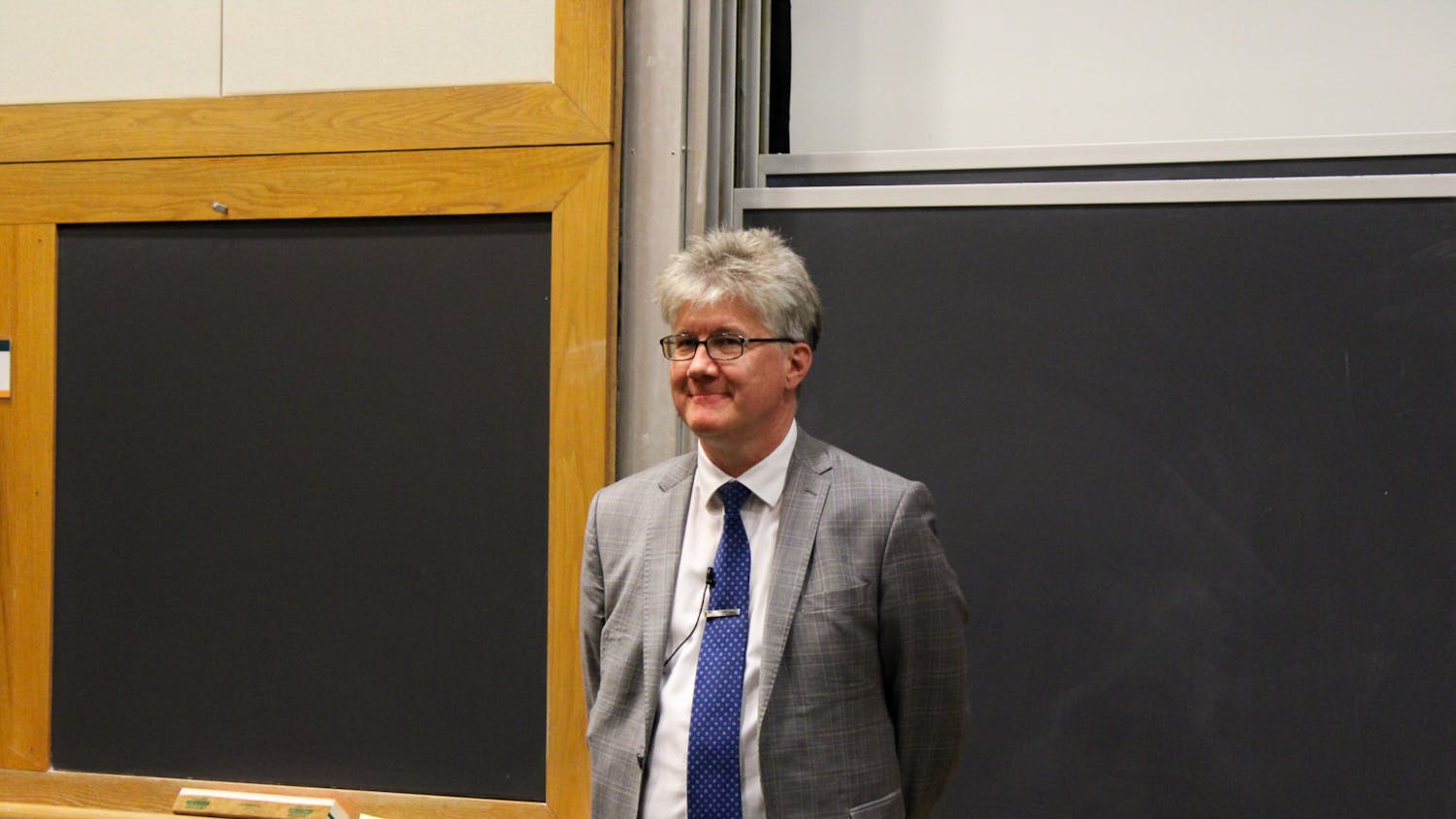The Women's Resource Center celebrated the donation of two Frida Kahlo prints in the name of Susanne Zantop on Friday, just short of the one-year anniversary of her husband's and her murder.
The prints were given shortly after the murders by Priscilla Sears, a senior lecturer in English, liberal studies and women's studies, from her private collection.
A small group of the Zantops' friends and fellow faculty members gathered at the center to view the two paintings and discuss the impact Susanne's loss has had on them over the last year on Friday.
Director of the Women's Resource Center Giavanna Munafo hoped that the reception would be a time to "pause and be inspired by this wonderful woman we lost."
Guests gathered around the lounge's coffee table where, next to a bowl of strawberries, three of Zantop's publications were displayed, as well as art books featuring Kahlo's paintings.
The Mexican artist is known for her bold, vibrant paintings that complemented her tempestuous and revolutionary life. Married to fellow artist Diego Rivera, Kahlo was involved in Communist and Marxist movements and reputedly had an affair with Russian exile Leon Trotsky.
Sears chose to donate the prints because Susanne, who admired Kahlo's work and had traveled extensively in Mexico, introduced Sears to the artist.
"When there were few women here [at Dartmouth], we felt obliged to educate each other," Sears said. "We wore reproductions of Kahlo's earrings as symbols of our being women warriors."
The donated prints are two self-portraits of Kahlo, titled "Self-Portrait with Monkey" and "1938." Both use vivid primary colors and show Kahlo in a characteristic native Mexican costume.
Sears recalled her friendship with Susanne, remembering that while she looked for housing, the Zantops had given her a place to live. She then read a poem entitled "I See My Friend Everywhere," touching an emotional nerve for the crowd.
Irene Kacandes, professor of German and comparative literature, said that she had been anticipating this week marking the anniversary of the murders for some time.
"I remember every last thing that happened a year ago," Kacandes said, fighting tears. "The last conference I went to with Susanne, my last email from her and then the dreadful phone call."
John Kopper, a professor of Russian who taught alongside Susanne Zantop in the comparative literature department, recalled emails she had sent him immediately before her death and how difficult it was to part with the memories.
"We had to let go of the emails," Kopper said. "The important stuff passed from her to me."
According to Munafo, Susanne's warmth and generosity came in part from her strong relationship with her husband Half.
"She and Half were so happy; it was so obvious how much they loved each other," Munafo said. "They generated so much love."
The paintings can be seen in the lounge at the Women's Resource Center, where they hang over a plaque dedicating them, on the anniversary of the murders, in Susanne's name.
"As a teacher, scholar, activist and mentor, Susanne left our community a powerful legacy," the plaque reads. "Remembering her here reminds us that there is much more work to do in building a just world and that we can, and must, at the same time, celebrate life."



